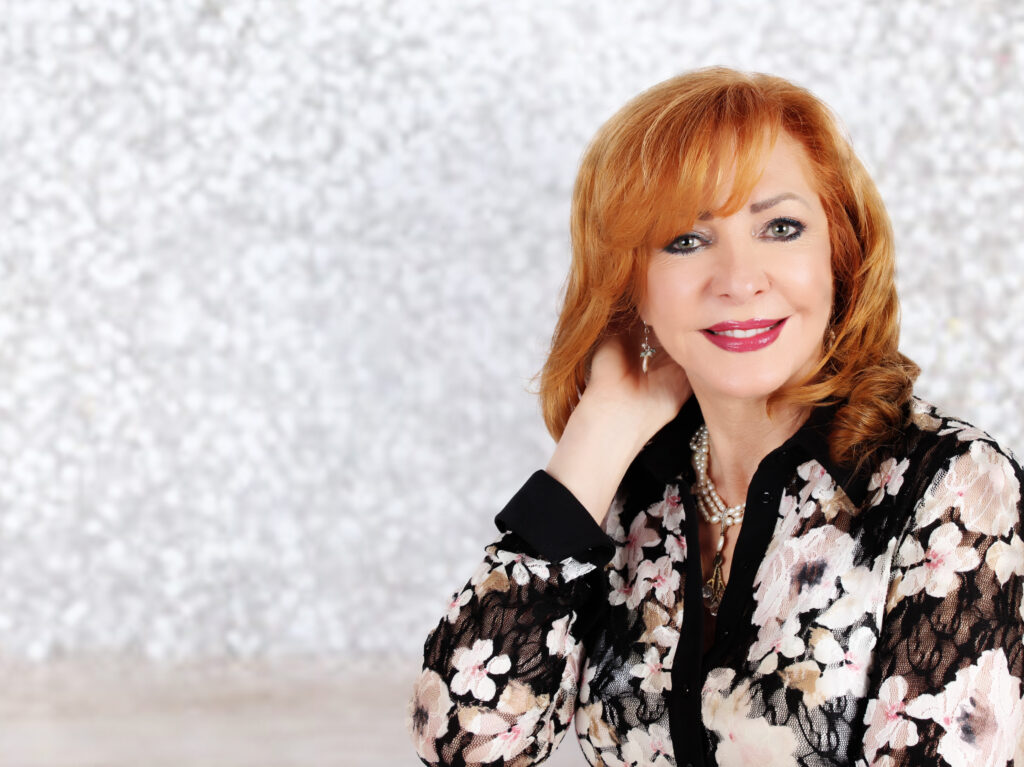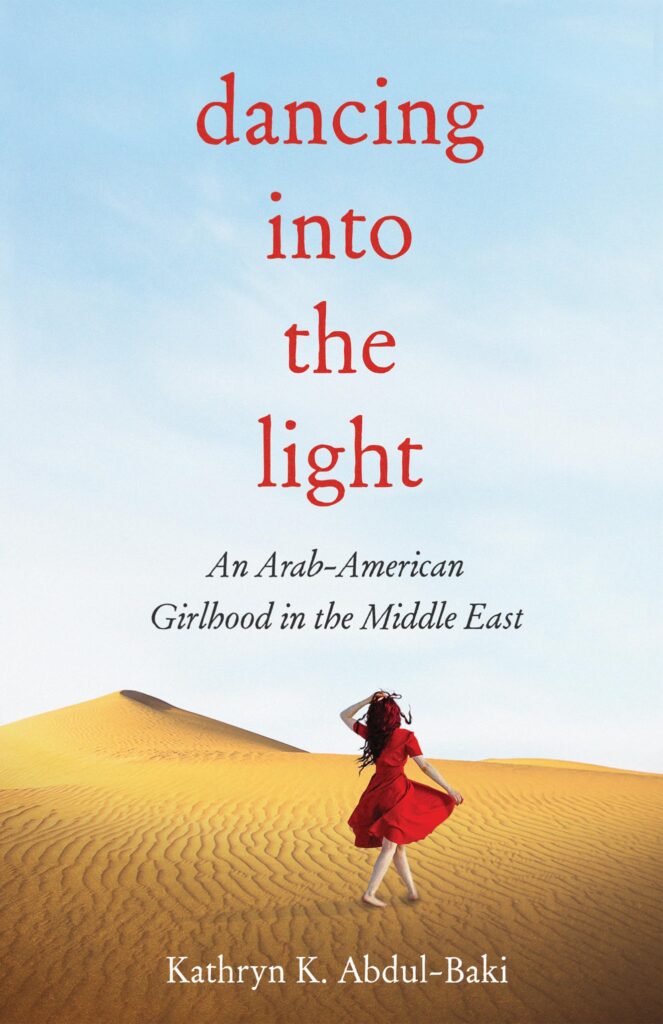Connecting to My Arab Roots Through Writing

By: Kathryn K. Abdul-Baki / Contributing Writer
When I started my Master’s program in creative writing, I had hoped to emulate my favorite writers at the time—Ernest Hemingway, John Updike, Philip Roth, and Joyce Carol Oats. They were the writers I studied and loved, the ones I thought I needed to sound like in order to be taken as a serious writer.
I grew up in the Middle East, mainly in Kuwait, with extensive summer stays in Jerusalem with my father’s Palestinian family. Although I spoke Arabic fluently, much of my schooling had been in British and American schools, so English was my stronger written language. I had an undergraduate degree in journalism, but, when I started my graduate degree, I deviated into creative writing.
I had written several short stories and built up a portfolio of unpublished efforts. I created American characters, similar to those I read about in Updike’s stories, who lived in the United States and faced American conflicts. I was accepted into the graduate program based on this portfolio, so I assumed I would continue to write along these lines and was eager to learn all the techniques I envisioned a program in writing would bestow on me.
A few weeks in, we were given assignments to share with the class. Most of us were in our thirties or older and had life experience to write about. The weeks went by and students presented their stories—we were given the choice of reading our stories to the class ourselves, or giving them to the teacher to read if we did not feel comfortable reading our work aloud. I struggled with the assignment, throwing away several drafts written in the tone of contemporary American authors. Each draft sounded inadequate. Each week when a student’s work was critiqued, I felt more ambivalent.
The other writers in class were American, and to me, they sounded like Roth and Oats in a way I never could. How could I produce something that resonated with the class when I did not use the English language the same way, or with the same facility they did? More obvious to me was the fact that I did not even think the way the other writers did. There was a clear dissonance between my life experience growing up in the Middle East and being half Arab, and their experiences, having been thoroughly grounded in the idiomatic English language in a way I was not. What seemed to so effortlessly flow from the pages they handed in I simply seemed incapable of.

Finally, I started to write differently. All I could write about with any authenticity was what I knew—the smells and environment of my childhood, in this case, on the Mount of Olives near Jerusalem, and the people I had known. I began to remember stories I had heard from village women who visited my aunt. I discarded my earlier pretense of fashioning American-style stories and began to write from an Arab perspective with Arab settings and Arab characters who dealt with Arab cultural issues.
I wrote about a young village woman from the Mount of Olives, a woman from a traditional family who falls in love with the village ‘bad boy’. It was a coming-of-age story, a young woman’s emotional and sexual stirrings that astonished and frightened her when she came face-to-face with the young man she was forbidden to see and yet was hopelessly attracted to. I could describe the feelings of this young Arab woman because I had been a young Arab woman in love that way.
The time came for me to submit the story. Although I felt I had written a decent piece in terms of plot and characterization, I doubted whether any of the other students—much less the teacher—would find anything to connect with. Hesitant to read the story myself, I handed it to the teacher.
Listening to him read it—he had a lovely, faint southern drawl—was like listening to his voice through gooey taffy. It was like someone else’s writing being read. Were those my words? I strained to concentrate. Finally, the teacher came to the end and put down the paper.
My nerves frayed, I wanted to shut my eyes and make the entire class disappear so as not to face the remarks that were sure to come. I could no longer conceal how different I was because my story had just been read aloud. There was no more hiding. My heart thumped loudly. I blushed.
Then, the teacher began to clap. Everyone else began to clap, too.
“That was beautiful,” the teacher said.
He handed me back the paper and began to talk about how “good” writing reached everyone, whether or not the reader was familiar with the character’s ethnicity or culture. We make our readers care about our characters, he said, by being honest and writing from the heart, writing what we know. I had evidently touched at least a few of the listeners, even though none of them had been to Jerusalem or the Mount of Olives, or knew of the conflicts my character faced.
After that, I understood I had to write what I knew, without hoping to sound like anyone else—surely not the American greats I had been schooled in. I had to be me. And in writing from my strength—the knowledge of the Arab culture and Arab way of life—I could touch a reader’s heart. Connecting to my Arab roots is all I can imagine writing about now and I have written about Arabs in my fiction ever since.
Kathryn K. Abdul-Baki was born in Washington D.C. to an Arab father and an American mother. She grew up in Iran, Kuwait, Beirut, and Jerusalem where she attended Arabic, British, and American schools. She is the author of “Dancing into the Light,” a memoir published by She Writes Press about love, loss, and renewal and overcoming devastating early trauma through music, dancing, and the love and devotion of family. For more, visit https://kathrynabdulbaki.com/.
Check out Arab America’s blog here!








